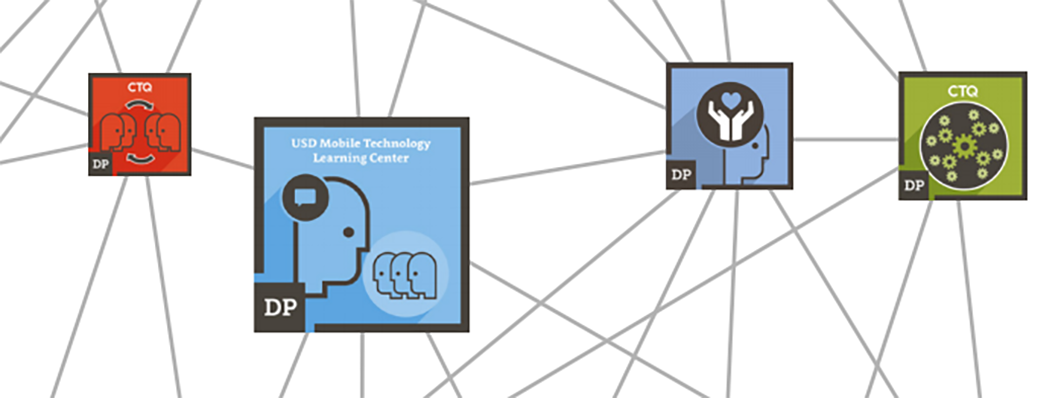
Studies suggest American schools invest $18 billion in teachers’ professional learning annually. But considerable evidence indicates that formal professional development often misses the mark. And while teachers are also learning in informal ways, existing systems don’t track or make the most of that growth.
In short, the current approach to American teachers’ professional development is falling short. Enter micro-credentials: competency-based recognition for educator learning that is supported by digital badges.
Four recent developments have set the stage for micro-credentials:
#1 – Competency-based learning for students
College- and career-ready standards — emphasizing skills as well as core content knowledge — call for big changes in how American schools approach teaching and learning. “Seat time” (the traditional recognition of American students’ learning in terms of the hours they spend in courses) doesn’t say enough about what learners actually know and are able to do. That’s why many schools are moving toward a competency-based approach, adopting performance assessments that require students to demonstrate their competence by creating and defending portfolios. It’s an efficient, productive, and personalized strategy.
Teachers, too, should have the opportunity to show what they know and can do rather than accumulating seat time. Micro-credentials support this shift. An added benefit? Experiencing competency-based learning themselves will help teachers facilitate it for their students.
#2 – The rise of digital badging
Although competency-based learning and assessment has a long history, a workable technical solution to support this system — digital badges — is relatively new. Digital badges allow individuals to receive recognition for both their formal and informal learning experiences. Each badge, awarded by an “issuer,” contains data about the organization or individual that granted it, the individual who earned it, and how that individual earned it.
Micro-credentials harness the technology behind digital badges to create a system of professional learning currency for educators that is portable and shareable.
#3 – Research base for a new approach to professional learning
A growing body of research evidence suggests the most valuable professional learning experiences may be led by accomplished teachers themselves. Consider these key findings:
1) Collaborative school cultures help teachers improve,
2) Top-performing nations invest in ways for teachers to learn from one another, and
3) Teachers are most likely to be influenced by colleagues from similar contexts and in whom they trust.
Micro-credentials allow schools to apply these findings by supporting teachers as they document the ways they learn from one another and implement that learning.
#4 – A new age of accountability
Congress recently reauthorized the primary federal education law, the Every Student Succeeds Act (ESSA). ESSA offers states “wide discretion” in setting student achievement goals and holding schools and districts, as well as administrators and teachers, accountable for results. Standardized tests may be used, but only as part of a larger set of indicators that also address factors like school climate, students’ opportunities to learn, and teacher engagement.
Micro-credentials focus on concrete evidence of teachers’ accomplishments, paving the way for a more authentic accountability system in line with ESSA.
Want to learn more about this game-changing approach to educator learning and leadership? The Center for Teaching Quality and Digital Promise have just published a new paper on how micro-credentials can help transform our education system (and what you can do to make that happen). This paper was made possible by a grant from the Carnegie Corporation of New York. Check it out, and let us know what you think.